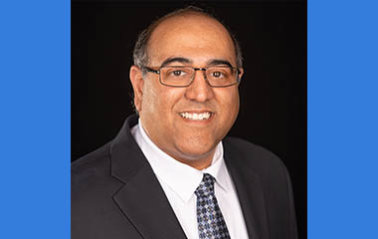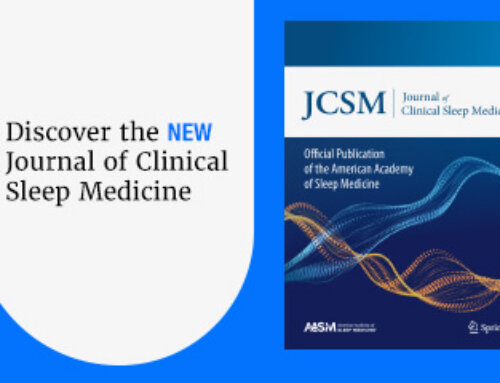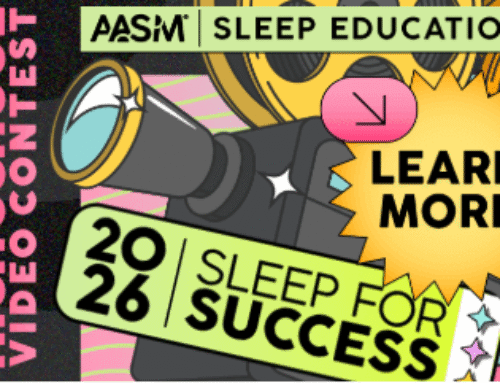The AASM is launching a new accreditation program for medical practices outside the field of sleep medicine that manage patients who have a high risk of obstructive sleep apnea (OSA). At this time, only cardiology practices are eligible for the new Specialty Practice Accreditation program, which was tested and refined during a five-year pilot in a multisite cardiology practice. We believe this program will be beneficial for both patients and AASM-accredited sleep facilities and hope this could serve as a model for future collaboration with other medical specialties.
Reaching Patients with Undiagnosed OSA
A 2016 report commissioned by the AASM estimates that 80% of the 30 million adults in the U.S. who have sleep apnea are undiagnosed. However, it is beyond the capacity of our 2,600 accredited sleep facilities to screen and test all these patients. That is why one of the objectives in the AASM strategic plan is to “establish enduring models for collaborative sleep care with other care partners.”
Cardiologists are high-priority partners. A scientific statement published last year by the American Heart Association confirmed that OSA prevalence is high in patients with hypertension, heart failure, coronary artery disease, pulmonary hypertension, atrial fibrillation, and stroke. If they remain untreated for OSA, these patients are vulnerable to OSA-related stressors and adverse cardiovascular outcomes.
The Specialty Practice Accreditation program will expand our reach as we collaborate with cardiologists to improve patient access to OSA care. At the same time, our accreditation standards will ensure that this care is evidence-based and patient-centered. To earn accreditation, a cardiology practice must demonstrate that it screens patients for OSA and provides diagnostic home sleep apnea tests (HSATs) according to current AASM practice standards, including those for scoring, interpretation and diagnosis.
Involving AASM-Accredited Sleep Facilities
While a cardiology practice can improve access to OSA screening and testing, it doesn’t have the capability to provide comprehensive sleep care in isolation. Therefore, the cardiology practice must have an existing relationship with an AASM-accredited sleep facility that will provide full, in-lab sleep studies when needed as well as other guidance to ensure high-quality sleep care.
The sleep team at accredited sleep facilities also has the expertise to provide effective treatment and long-term management for OSA. Therefore, accredited specialty practices are required to refer patients who need management of OSA or another sleep disorder to an accredited sleep facility for treatment and follow-up care.
If you currently have a referral relationship with cardiology practices, I encourage you to notify them about this new program. I also envision that program eligibility could be expanded in the future to include other medical specialties beyond cardiology so we can expand access to care for more patients who have sleep disorders.
If you have questions about Specialty Practice Accreditation, you can reach out to the AASM at accreditation@aasm.org.
This program represents just one of the collaborative strategies that will help us in our mission of advancing sleep care and enhancing sleep health to improve lives.
Raman K. Malhotra, MD, FAASM
President





